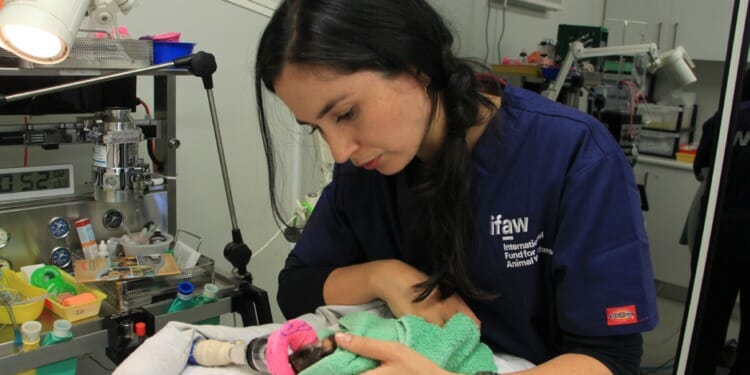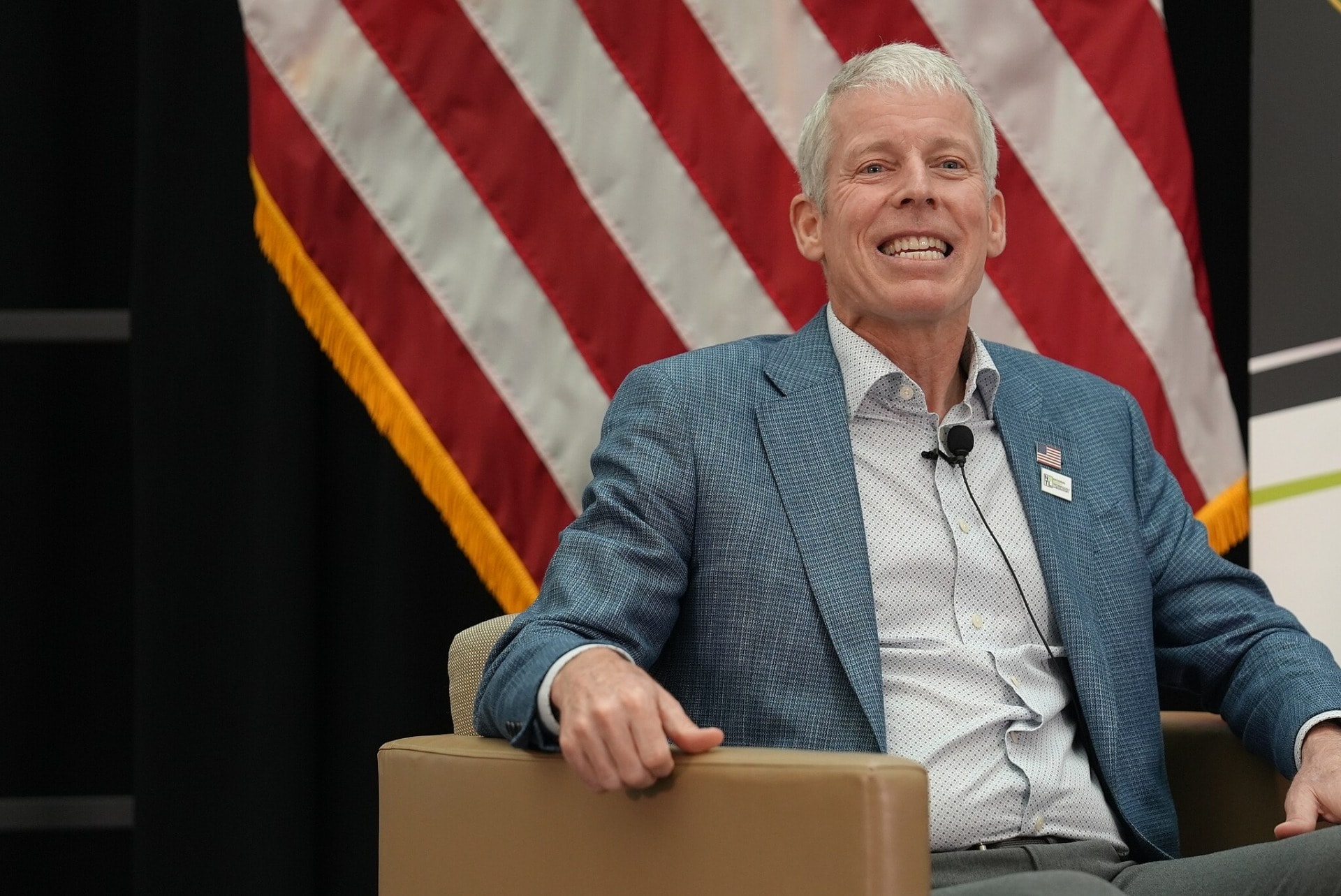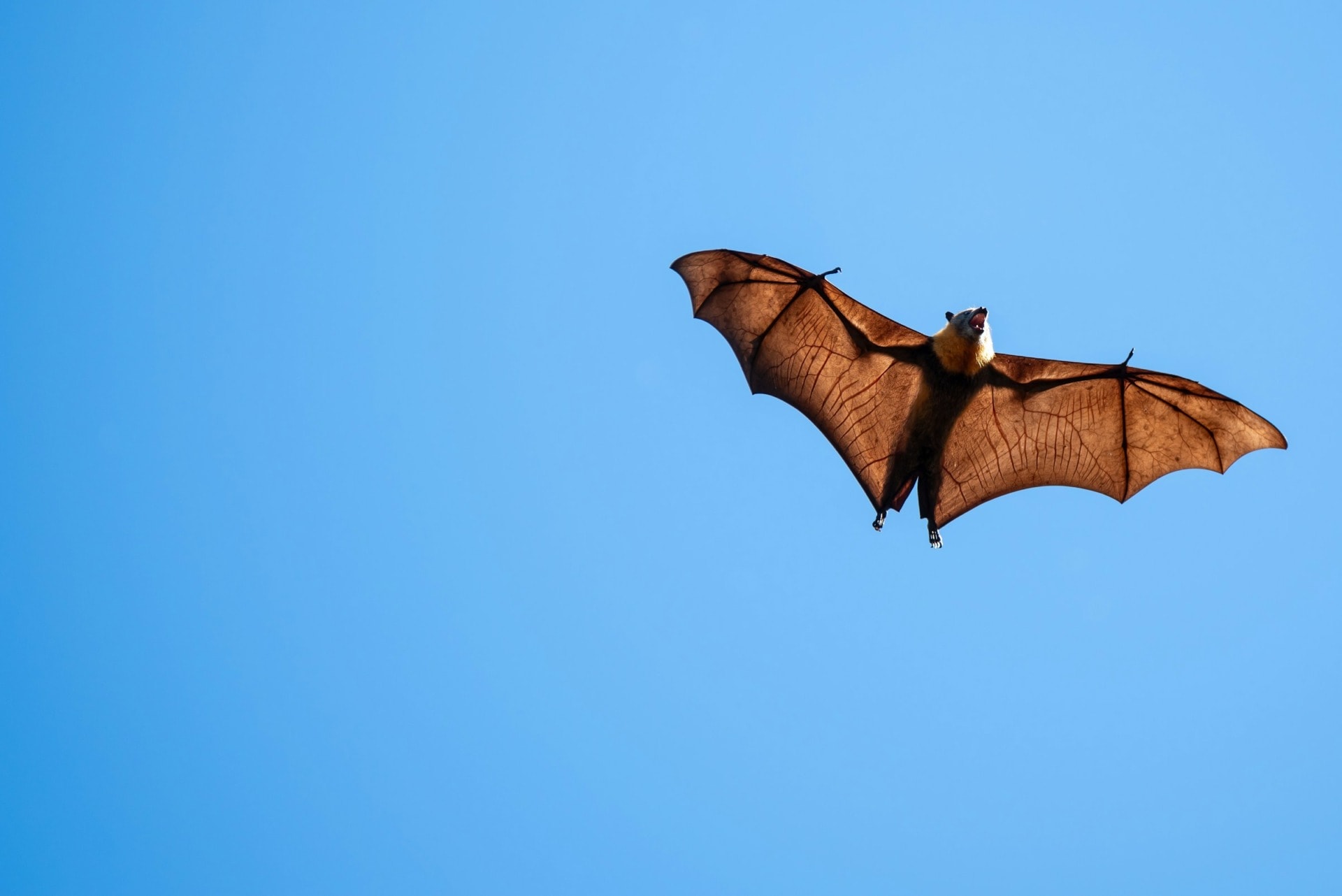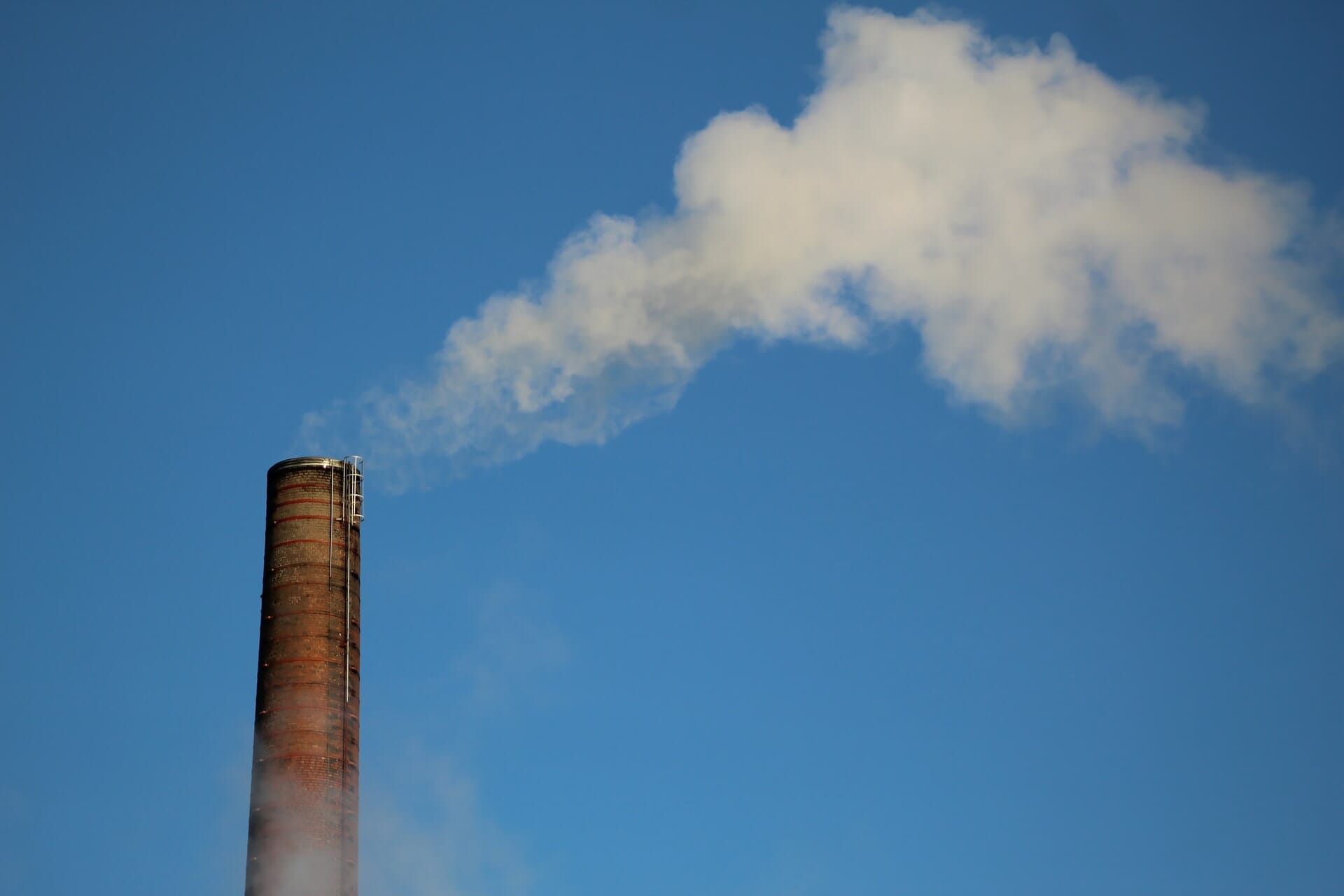From spectacled bears and jaguars in Colombia to koalas and dingoes in Australia – veterinary nurse Nicole Rojas Marin has seen a lot but believes her learning opportunities are endless.
Nicole, an overseas vet and Australian vet nurse, started her veterinary career at a wildlife trafficking rehabilitation centre in Colombia where she worked closely with brown-throated three-toed sloths and spectacled bears.
“This place opened my eyes to this complex issue and inspired me even more to dedicate my career to the conservation of threatened wildlife,” she said.
Soon after, in 2016, she followed her affiliation with Australian fauna and moved back to her home country where she worked in zoos, wildlife rehabilitation centres, sanctuaries, vet hospitals and for a number of NGOs based in NSW.
During the catastrophic 2019-20, Australian bushfires Nicole was directly involved in the evacuation of a wildlife sanctuary north of Sydney. This harrowing experience gave Nicole greater determination to help animals and the people who care for them when disaster strikes.
This led her to her current role as Animal Rescue Program Officer for the International Fund for Animal Welfare in Sydney.
In this role, she liaises with carers, vets and wildlife rescue groups across Australia to identify their needs and coordinate rescue, rehabilitation and recovery projects. A big part of her role is to also work with these groups and governments in disaster response and preparedness. Her veterinary nurse skills also allow her to be deployed when needed and assist groups and carers on the ground.
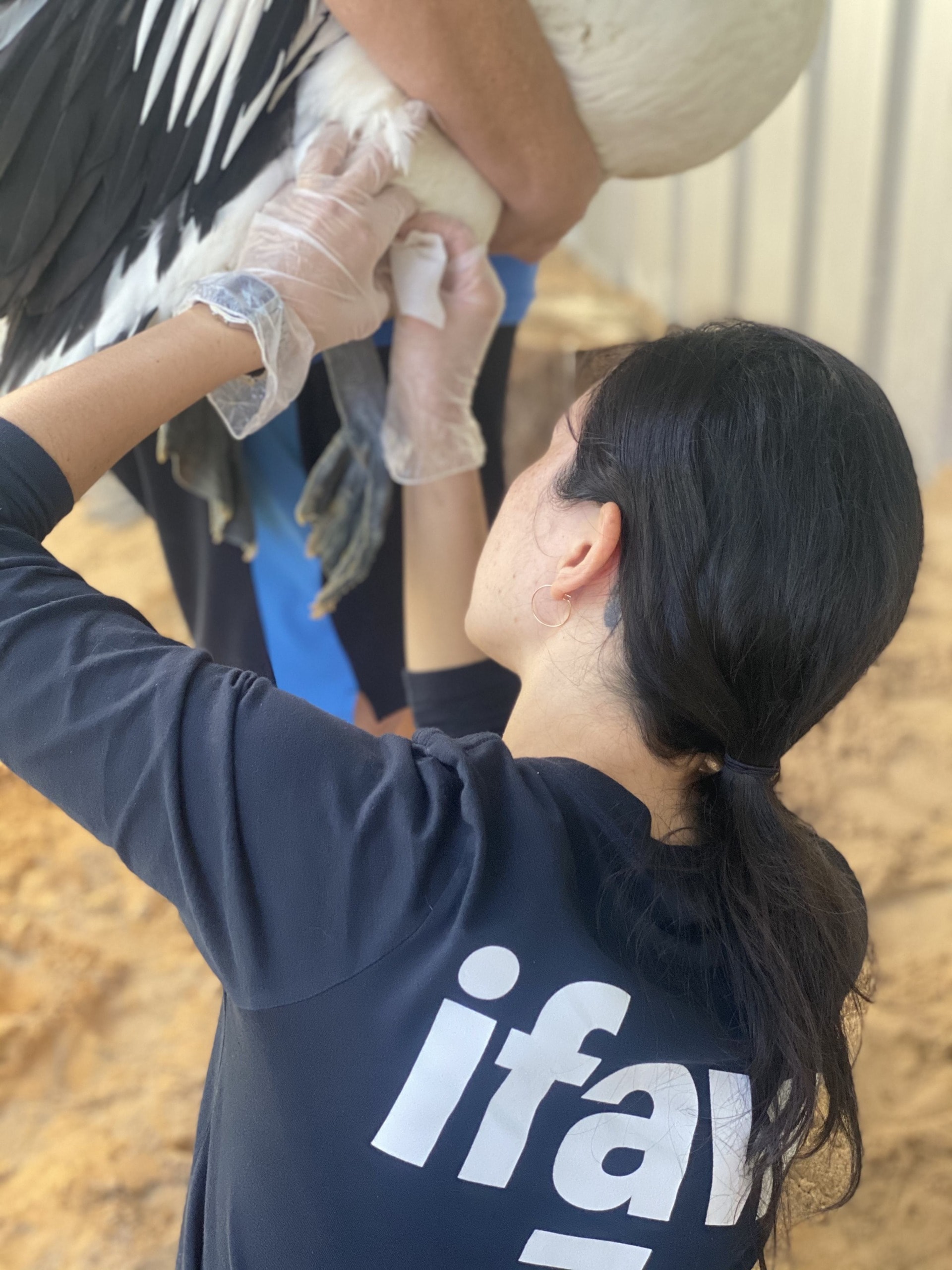
“There’s nothing I love more than being able to use my skills and help in the field. It’s so invaluable being able to work side by side with other experts, share information and learn from one another,” Nicole said.
This determination to keep learning is what led Nicole to the Taronga Conservation Society’s veterinary training in wildlife treatment and care.
The course, held over three months from January until the end of April, was created as part of the NSW Koala Strategy – an issue that is close to Nicole’s heart.
“Koalas are the ambassador species of Australian wildlife and we’re losing them faster than we know,” she said.
Related Articles: After the Fires: Rewilding Australia and Renewing Australian Agriculture | Lei Zhou — Conserving China’s Birds of Prey | Australian Bushfires Continue to Wreak Havoc
“Anything we can do, and learn to help them is crucial.”
Through the course, Nicole also gets to meet with several IFAW-sponsored vets and vet nurses from across the country including Dr. Alex Kreiss and Hannah Schreck from Bonorong Wildlife Hospital in Tasmania and Marley Christian and Jackie Reed from Friends of the Koala in NSW.
“It’s so important for veterinarians and veterinary nurses to always up-skill and update our knowledge because wildlife treatment and care is always evolving and everything new we learn can potentially save more lives,” she said.
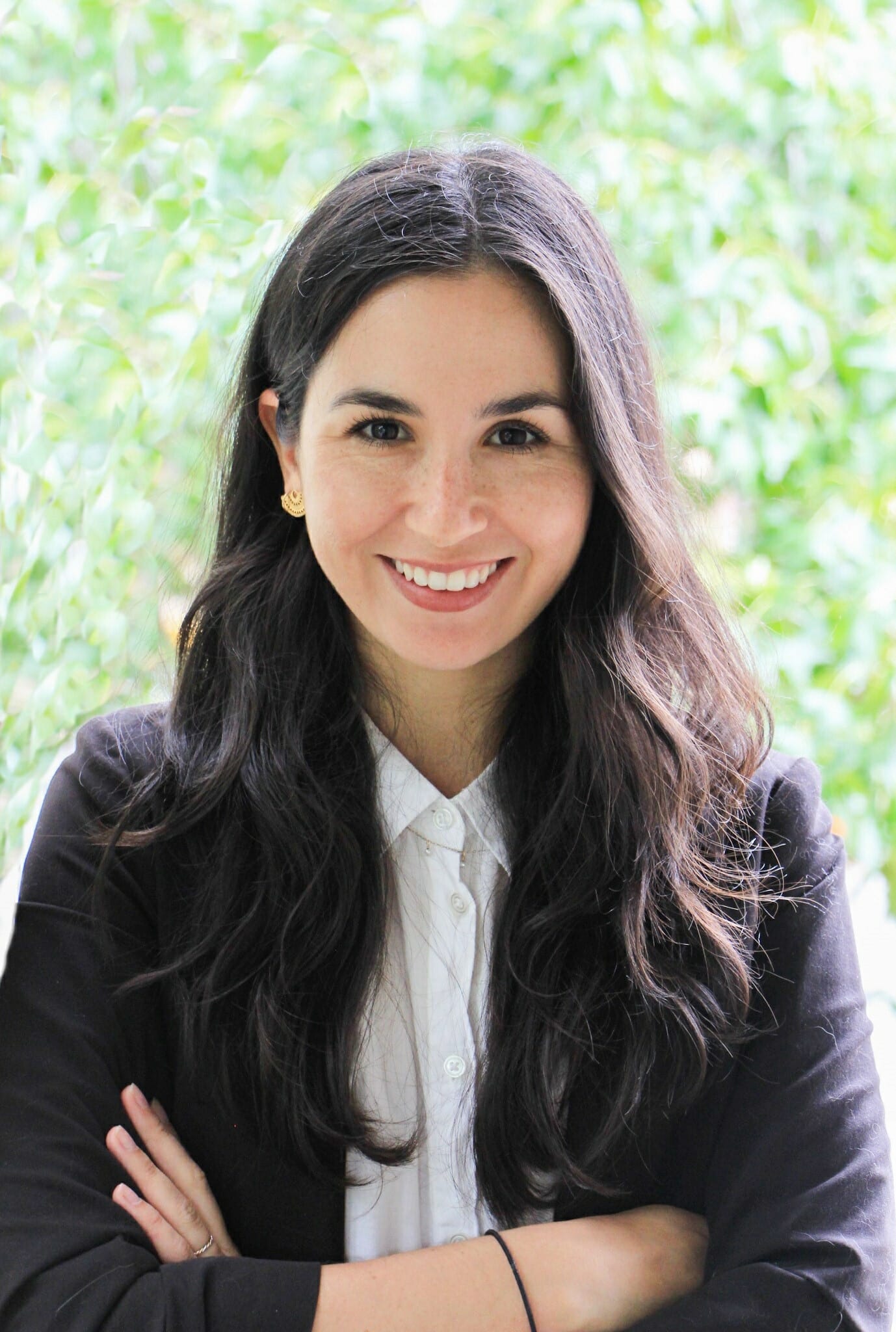
For Nicole, being a veterinary nurse and working in the conservation sector aligns with her commitment to not just treat animals, but be part of a wider solution for the future of conservation.
“I’ve always loved animals – even as a young girl. With time, I learned that some of my favourite animals were threatened by multiple factors, and I quickly realised that being a vet would put me on the path where I could do something about it, and be part of the solution,” she said.
“Being part of the IFAW team has allowed me to be part of an equation that seeks not only to solve core wildlife conservation issues but also to help those in this industry do the groundwork, like our wildlife carers.”
Editor’s Note: The opinions expressed here by Impakter.com columnists are their own, not those of Impakter.com. — In the Featured Photo: Nicole Rojas Marin helping out at Bonorong Wildlife Hospital. Featured Photo Credit: IFAW.


